Coronavirus: Oxford trial participant received ‘vaccine’
A UK woman in the Oxford/AstraZeneca trial who experienced adverse side effects was injected with the vaccine, not the placebo.
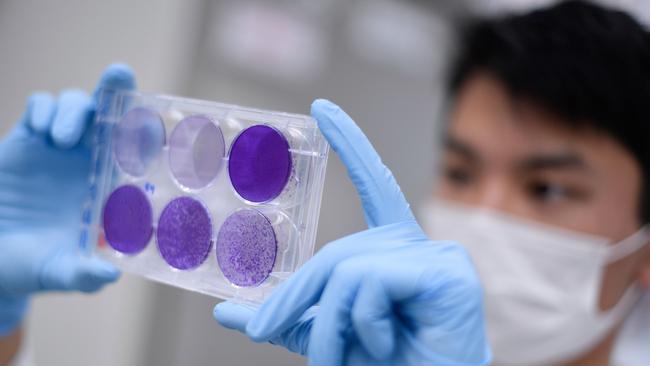
A British participant in the University of Oxford/AstraZeneca COVID-19 trial, who experienced “adverse side effects”, had been injected with the potential vaccine and not a placebo.
The trial was dramatically halted on Tuesday after a female participant showed symptoms of transverse myelitis (TM), a rare inflammatory condition that affects the spinal cord.
Stat, the health industry website which first reported the trial’s temporary pause, said that the woman was suspected to have TM but the diagnosis was not confirmed.
She was expected to be discharged from hospital on Wednesday UK time with the trial of the potential coronavirus vaccine to resume within days
There are nearly 20,000 test subjects enrolled in the phase-3 study.
Scott Morrison announced this week a $1.7bn production and supply deal for Australian drugmaker CSL to deliver more than 80 million doses of the Oxford University/AstraZeneca vaccine and another being developed by researchers at the University of Queensland with CSL help.
In rare instances, vaccines have triggered cases of transverse myelitis, which is is a serious condition involving inflammation of the spinal cord that can cause muscle weakness, paralysis, pain and bladder problems, but it can also be caused by viral infections.
As shares in the vaccine company tumbled in the wake of the trial’s pause, UK health minister Matt Hancock tried to avert panic.
“It is obviously a challenge to this particular vaccine trial,” he told Sky News. “It’s not actually the first time that it’s happened to the Oxford vaccine and it’s a standard process in clinical trials whenever they find something that they need to investigate.”
Asked whether it would set back attempts to find a COVID vaccine, he said: “Not necessarily; it depends on what they find when they do the investigation.”
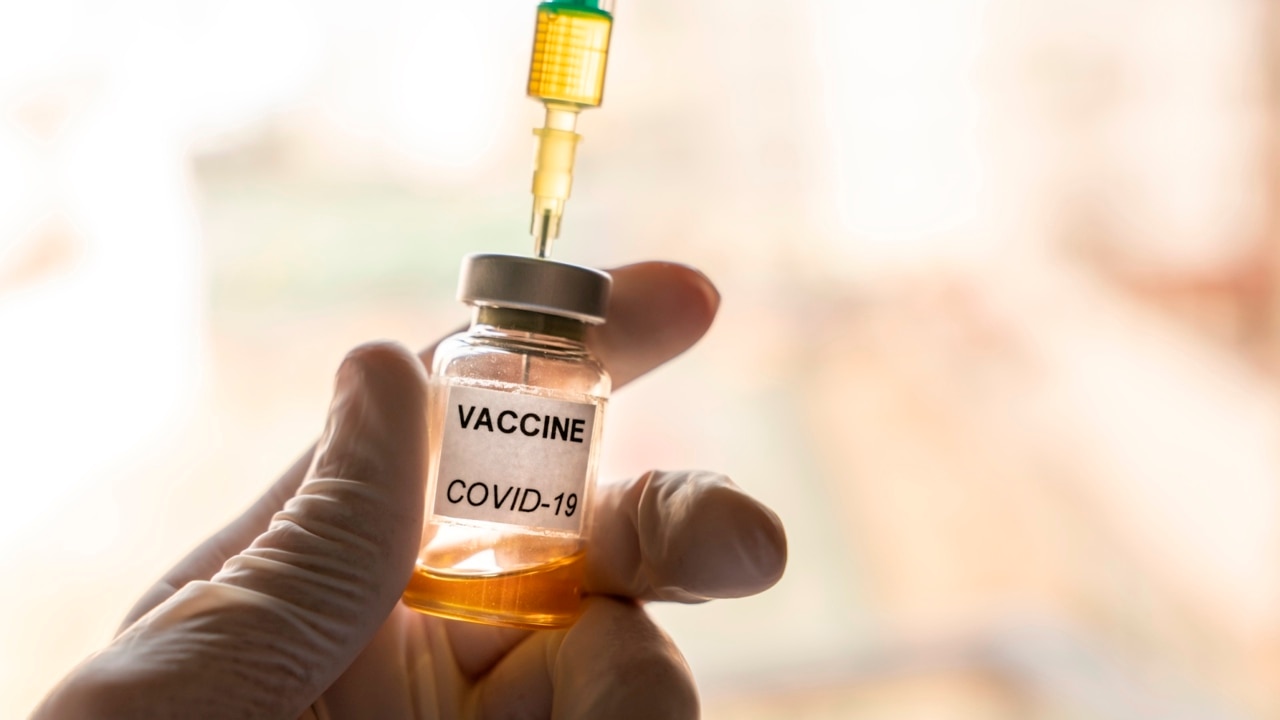
But only the day before Mr Hancock was bullish on London radio. “We’re ready to roll out,” he said, should approval come through, with 30 million doses already being manufactured.
In Melbourne, CSL chief scientific officer Andrew Nash said the pausing of the phase-3 trial — ultimately involving 50,000 subjects over 12 months to prove the Oxford vaccine was safe and effective — showed that all due care was being taken.
“It’s exactly how trials are designed to work and it’s not uncommon,” he said. “All clinical trials have built-in checks and balances to ensure robust data is developed to show whether a medicine or vaccine is safe and effective in the majority of people.
“The researchers will now investigate whether this adverse event was caused by something other than the trial vaccine … or whether it was a reaction to the vaccine.”
The Oxford University vaccine, known as AZD1222, is the product of cutting-edge technology that relies on a modified chimpanzee adenovirus to deliver coronavirus genes into human cells, provoking a powerful immune response.
But adenoviruses are also known to trigger their own immune responses, compounding the task of investigators to uncover what was behind the woman’s adverse reaction.
With Jamie Walker, Jacquelin Magnay



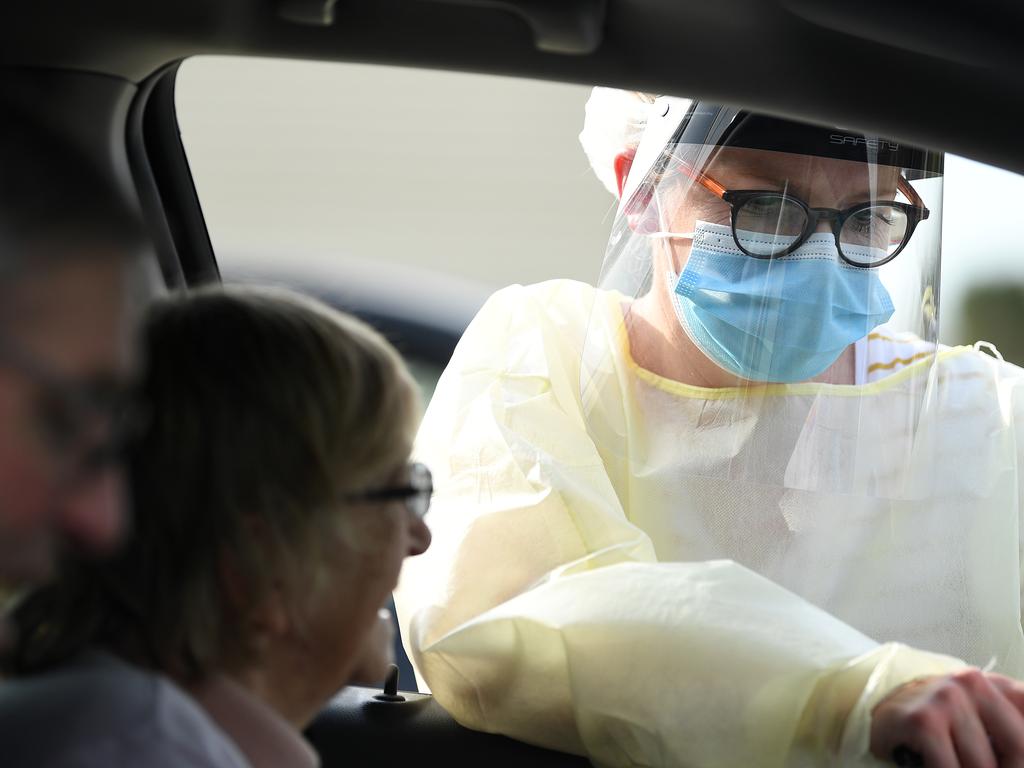
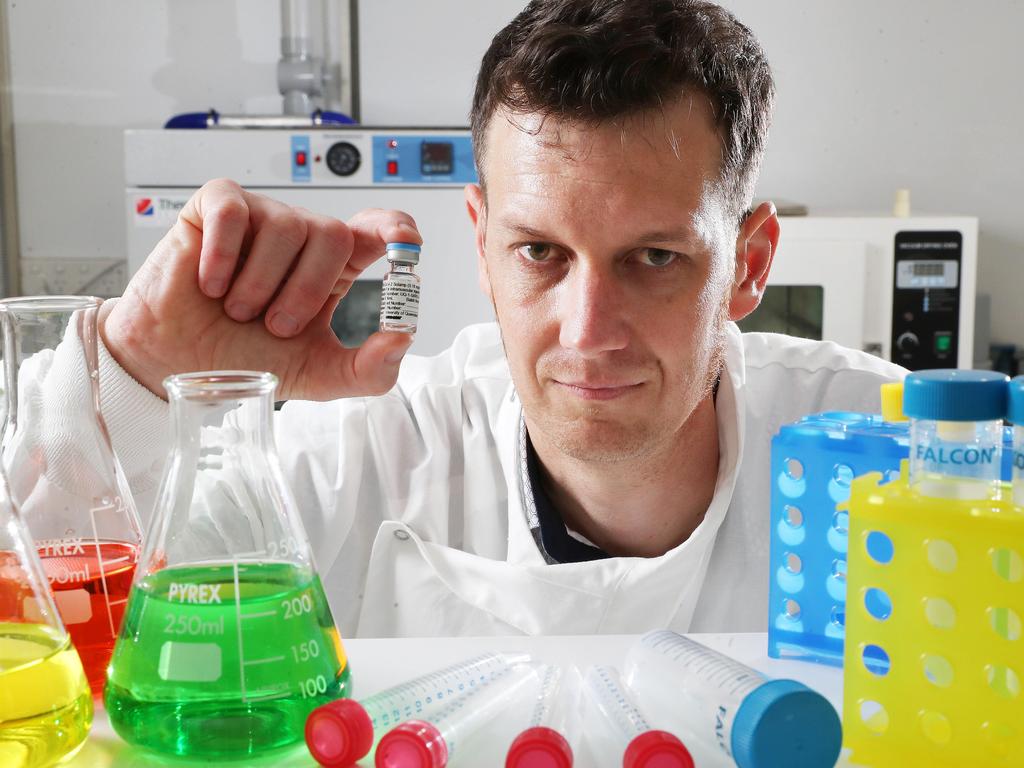

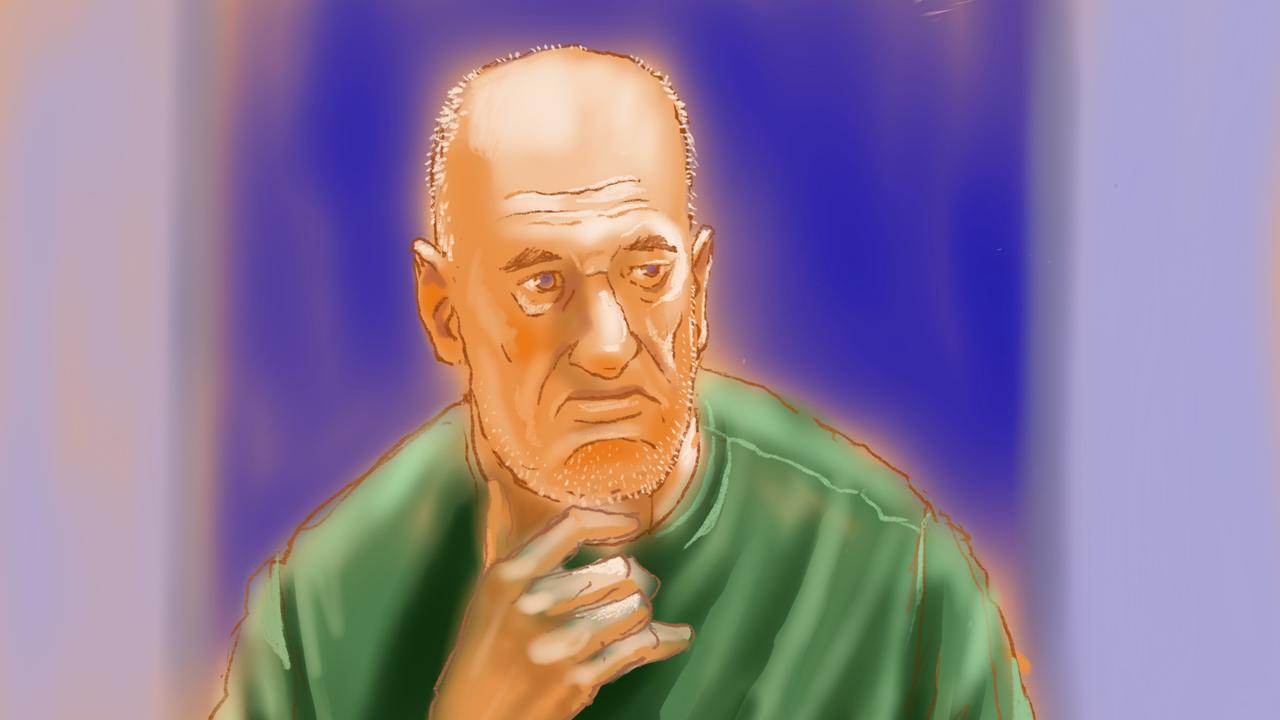
To join the conversation, please log in. Don't have an account? Register
Join the conversation, you are commenting as Logout